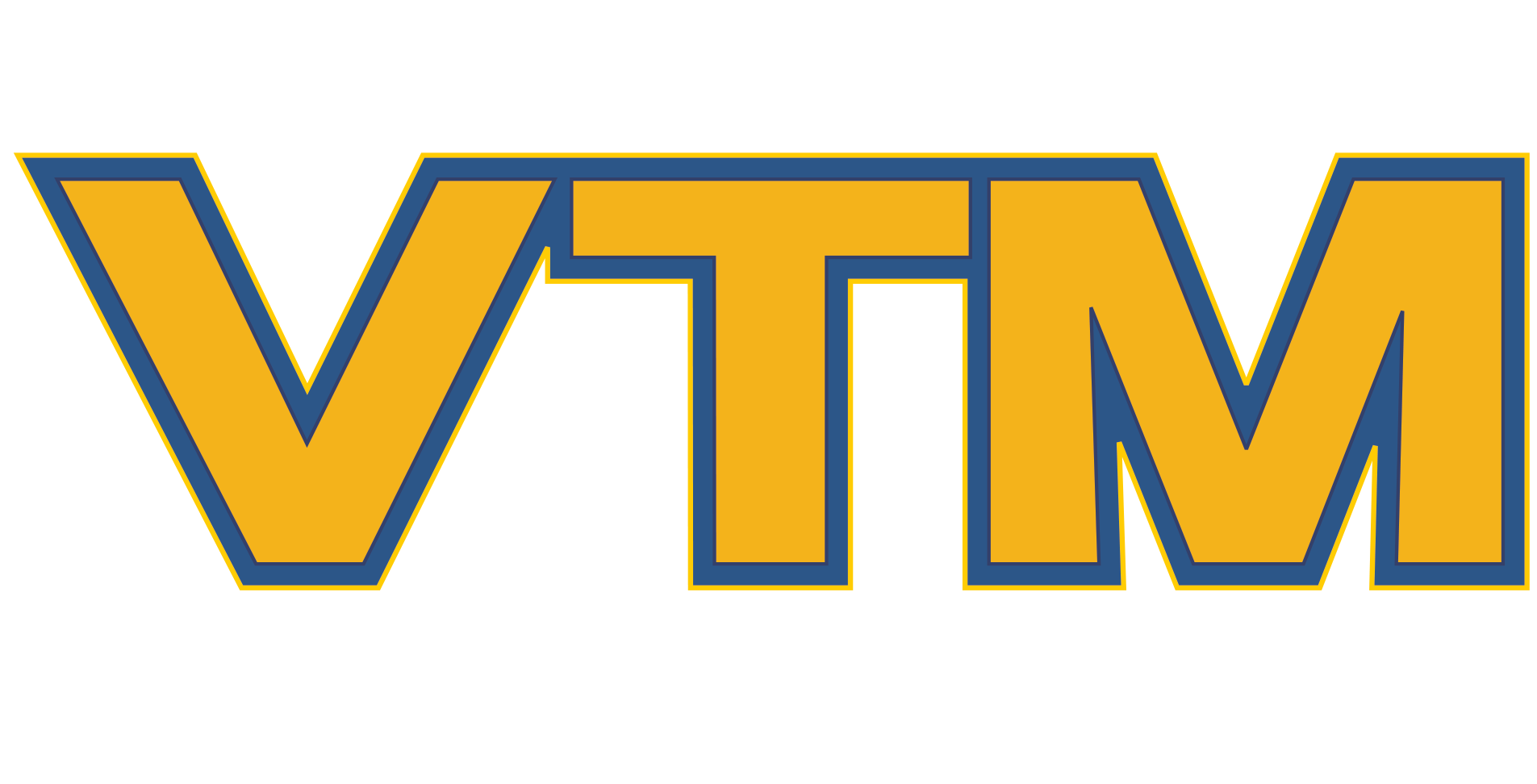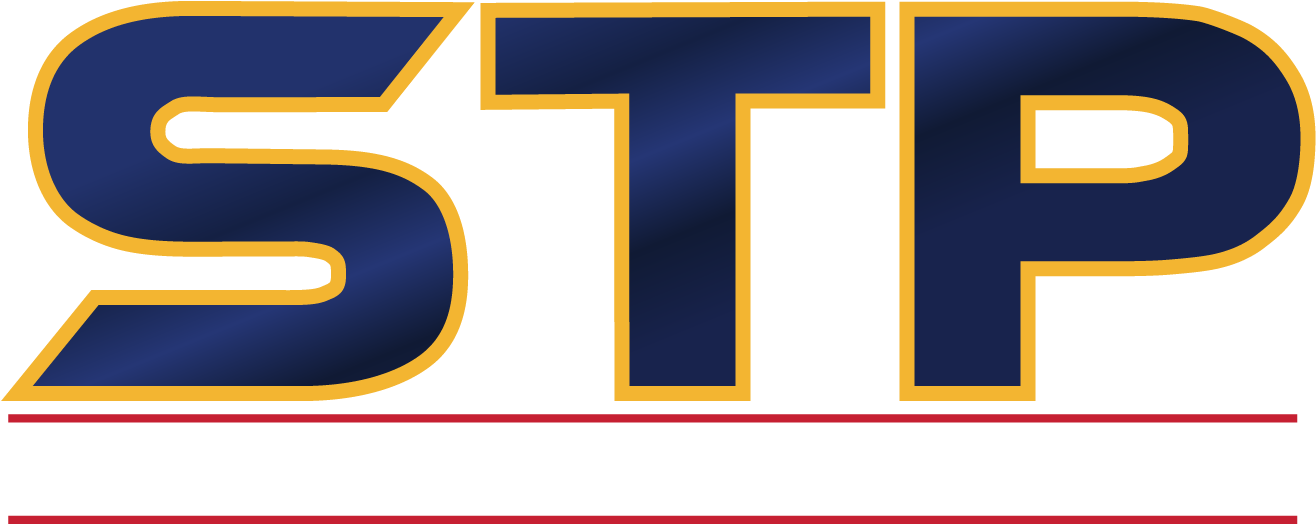Filter Projects
- Clear Filter
- Clear Filter
- Clear Filter
Project Results
Materials Sciences LLC
Durable Foreign Object Debris (FOD) Screens for Air Cushion Vehicles
TOPIC: N192-115
YEAR: 2022
Details
Quad
Materials Sciences LLC
Metallic Coatings for Structural Enhancement of Polymers and Composites for Reduced Weight Missile Structure
TOPIC: A16-122
YEAR: 2021
Details
Quad
Materials Sciences LLC
Efficient On-Aircraft Composite Repair Process Requiring Minimal Support Equipment
TOPIC: N161-017
YEAR: 2021
Details
Quad
Materials Sciences LLC
Improved Skirt System for Air Cushion Vehicles
TOPIC: N171-042
YEAR: 2020
Details
Quad
Materials Sciences LLC
Sinking Hose System for Amphibious Bulk Liquid Transfer System (ABLTS)
TOPIC: N161-023
YEAR: 2019
Details
Quad
Materials Sciences LLC
Advanced Structural Development for Naval Hovercraft Ramps
TOPIC: N112-142
YEAR: 2018
Details
Quad
Materials Sciences LLC
Surface Combatant Composite Mid-Frequency Sonar Dome (MSC P4192)
TOPIC: N121-058
YEAR: 2016
Details
Quad

